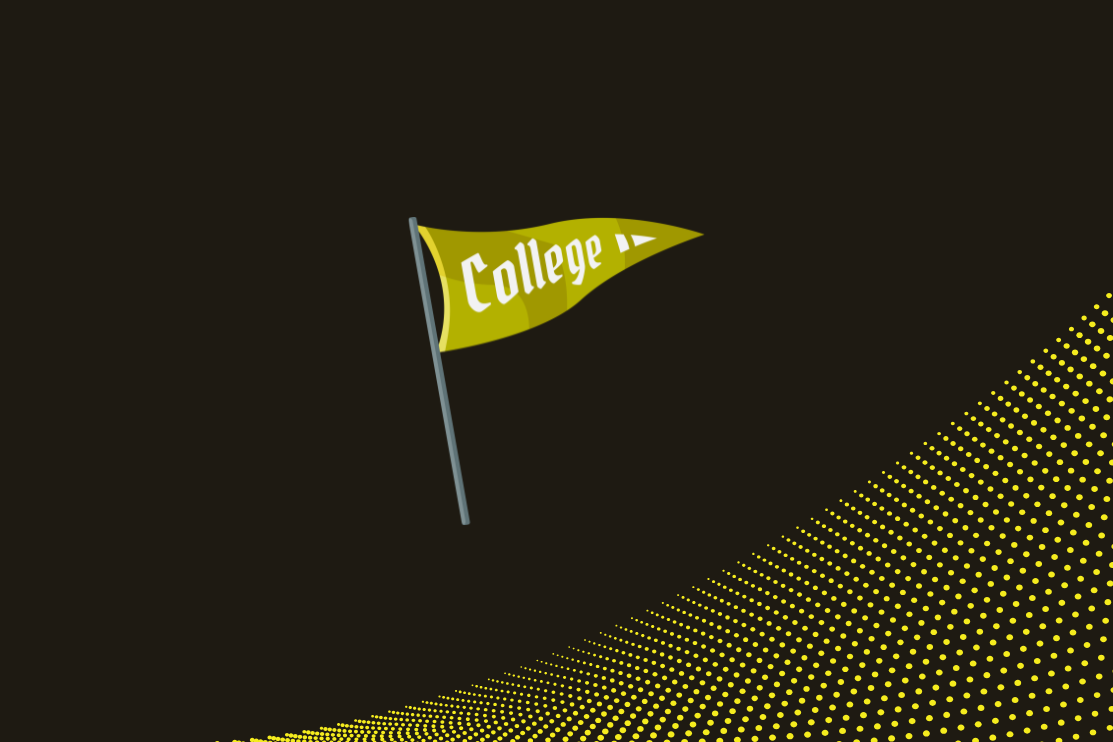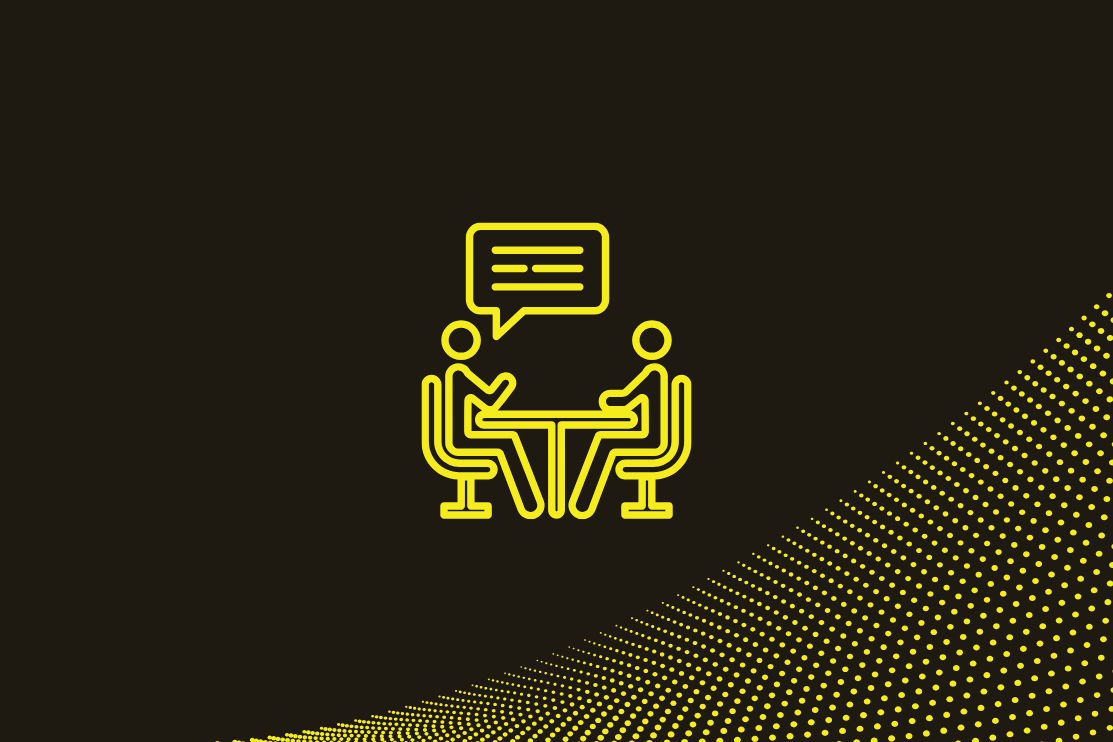Bridging the Gap: Critical Factors Linking K-12 to Post-Secondary Success
Bridging the Gap: Critical Factors Linking K-12 to Post-Secondary Success
Bridging the Gap: Critical Factors Linking K-12 to Post-Secondary Success
Bridging the Gap: Critical Factors Linking K-12 to Post-Secondary Success
Bridging the Gap: Critical Factors Linking K-12 to Post-Secondary Success
Bridging the Gap: Critical Factors Linking K-12 to Post-Secondary Success
Don't miss our breakout sessions!
Book time with our team on-site!
Our team is excited to meet you. Book a time that works best.


To improve graduation rates and student outcomes, colleges need to understand the full story of each student’s journey—beyond test scores and GPA. Emerging research highlights three critical elements, rooted in students’ educational pathways from K-12, that serve as key indicators of future success. Incorporating these into the recruitment and advising process enables institutions to better predict achievement and tailor support effectively.
1. Social-Emotional Competencies and Soft Skills
What it is:
Students’ ability to manage emotions, communicate effectively, and build resilience. These skills are essential for navigating the academic and social challenges of college life.
What K-12 is doing:
School districts are increasingly embedding social-emotional learning early on, recognizing its importance for persistence, engagement, and overall success.
Why Higher Ed should care:
Tracking growth in these competencies offers valuable insights into how well students will handle the demands of college, both academically and personally.
What Higher Ed can do:
Map social-emotional skills to concrete demonstrations—such as attendance, participation, or leadership in clubs—indicators of commitment and responsibility. Use these insights to inform support strategies and identify students who may need additional emotional resilience-building.
2. Work Experiences and Real-World Exposure
What it is:
Part-time jobs, internships, and other work-based learning experiences during K-12 that develop responsibility, problem-solving skills, and adaptability.
What K-12 is doing:
Schools are adopting software platforms that collect and capture students' entire educational journey—including work experiences, extracurricular activities, and skill development. They are also exploring innovative strategies like building a student’s CLR (Comprehensive Learner Record) that they can take with them after graduation. These systems help educators better support each student by providing a holistic view of their development, both personally and academically.
Why Higher Ed should care:
This comprehensive data helps institutions improve their forecasting by understanding how students’ experiences extend and deepen over time. It can also guide colleges in ensuring students have access to meaningful opportunities that enhance their motivation and readiness for college.
What Higher Ed can do:
Leverage these longitudinal data sources to refine predictive models of student success. Use these insights to identify gaps in students' opportunities and proactively offer programs, internships, or experiences that extend their development—supporting a more prepared and motivated student body.
3. Holistic View of the Student’s K-12 Journey
What it is:
A comprehensive, longitudinal narrative of a student’s entire K-12 experience—covering academic achievements, social development, extracurricular involvement, work experiences, and soft skills.
What K-12 is doing:
Schools are increasingly adopting software systems that collect and organize this journey, including using innovative strategies like building a student’s CLR (Comprehensive Learner Record) that they can take with them after graduation. These systems help educators better support each student by providing a full picture of their development, both personally and academically.
Why Higher Ed should care:
This broad narrative offers a nuanced understanding of a student’s strengths, motivations, and areas for growth—far beyond what traditional transcripts can show and supports the trend of looking beyond test scores and GPA alone.
What Higher Ed can do:
Utilizing these comprehensive narratives during admissions and advising can make more accurate forecasts of student success. Using insights from the student’s full journey can allow advising departments to develop tailored intervention strategies and create pathways that promote long-term retention and achievement.
Conclusion:
Institutions adopting a longitudinal, holistic view—focusing on social-emotional skills, real-world experiences, and comprehensive student journeys—are better equipped to forecast success and support students effectively. Recognizing and leveraging these indicators from early education through college ensures more proactive, personalized support, ultimately improving graduation rates and student achievement.
Interested in partnering with SchooLinks to apply these strategies? Schedule a meeting with our team here.
Related Posts
See All




